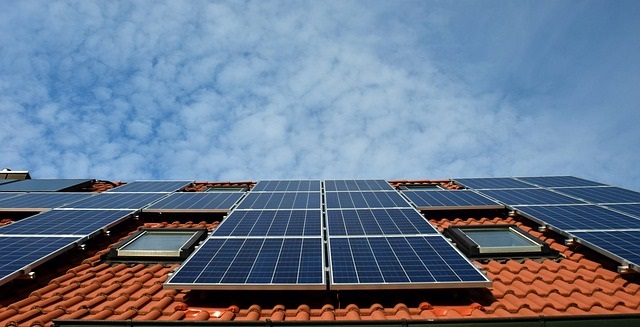
A recent report by the Environmental Law and Policy Center (ELPC) shows that the renewable energy sector is thriving in Illinois. This is good news for both the environment, which benefits from lower carbon emissions, and the economy, which benefits from the continued growth of the green energy sector.
In recent years, Illinois policymakers have taken steps to encourage research, development and growth of renewable energy. The first step toward this goal is to ensure that Illinois’ workforce has the skills to build and maintain a renewable energy infrastructure.
The Future Energy Jobs Act went into effect in June of 2017. This new law helps position Illinois as a leader in zero-carbon electricity by dedicating hundreds of millions of dollars to renewable power development including funding for wind power, large-scale solar power, and rooftop and community solar programs. The Act also provides job training for the thousands of new jobs expected in the fields of energy efficiency, energy innovation and renewable power.
Due to this large-scale investment in renewable energy, green power is on track to deliver an increasingly large share of electrical power. According to estimates by the ELPC, solar energy is expected to contribute an increasingly large share of power to the grid. By 2030, experts predict that Illinois’ stock of solar panels will have grown by 4,000 percent.
The solar energy industry in Illinois shows a particularly promising growth trend. Reports indicate that over 6,000 people are employed by the more than 350 companies that make up the state’s solar industry. As solar power continues to grow across the state, even more economic activity is sure to follow.
Efforts to encourage broader use of efficient and renewable energy technologies are already underway. Local governments can now establish a Property Assessed Clean Energy (PACE) Financing Program, which is a tool to encourage homeowners and businesses to invest in energy efficiency.
Under the new law, which passed through the Illinois legislature with unanimous, bipartisan approval, local governments will be able to issue bonds to finance the upfront costs of energy efficiency projects. Businesses and homeowners that participate in the program will pay local governments back over time for the costs of updating their energy infrastructure. Supporters of the PACE Financing Program say that upfront cost is the largest roadblock for renewable energy projects and that Illinois’ new law will remove this impediment.
Illinois’ renewable energy policies have already delivered several benefits to the economy and the environment. Government officials have worked with the industry to position Illinois to become friendlier to renewable energy. There is still much work to be done, promising economic growth as the state modernizes its power infrastructure.



